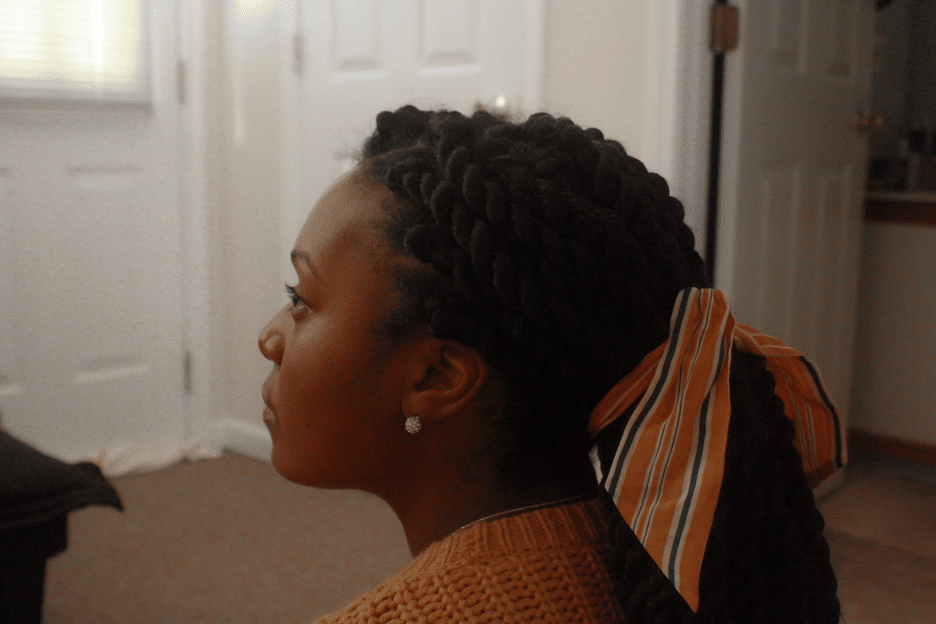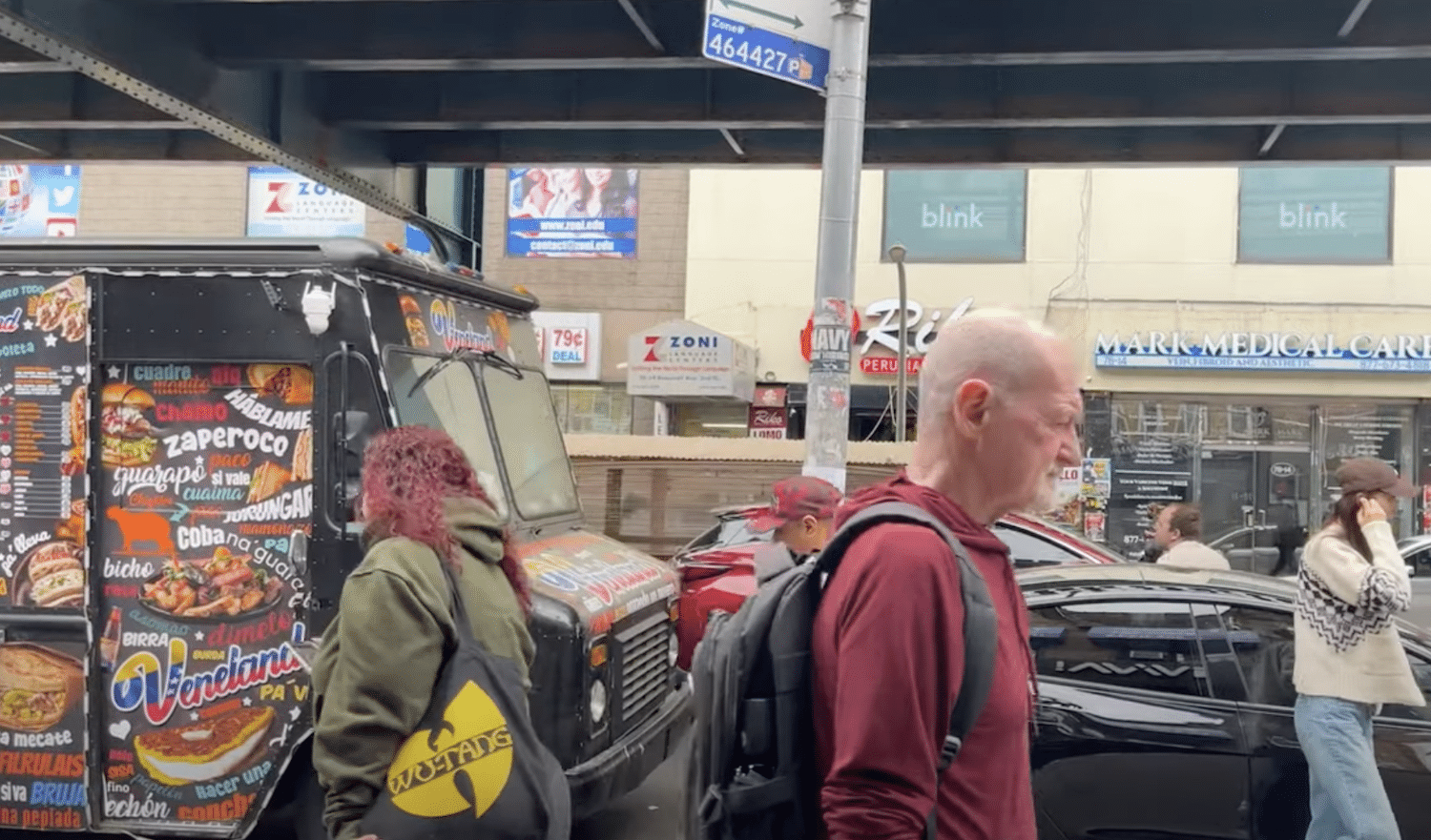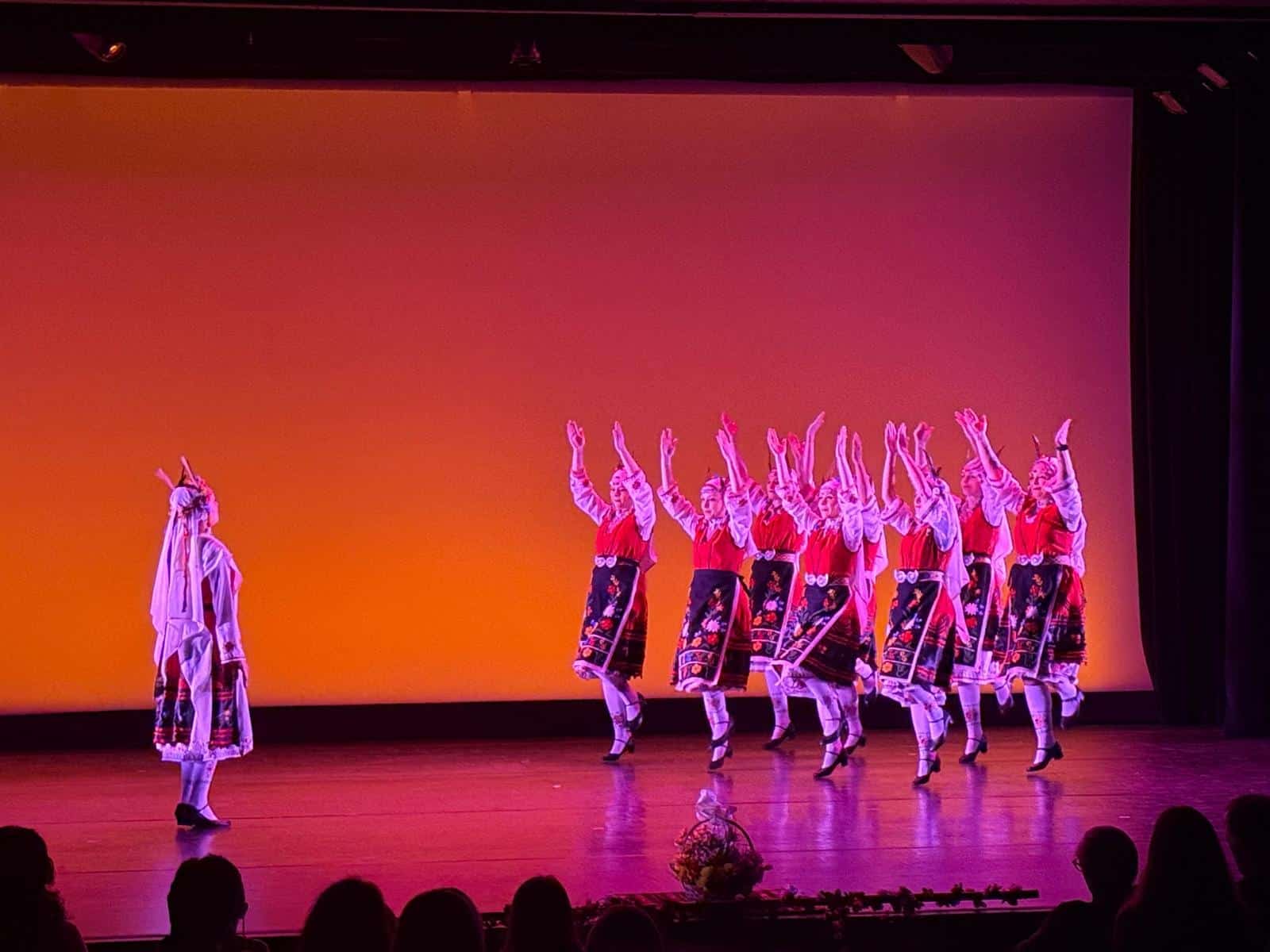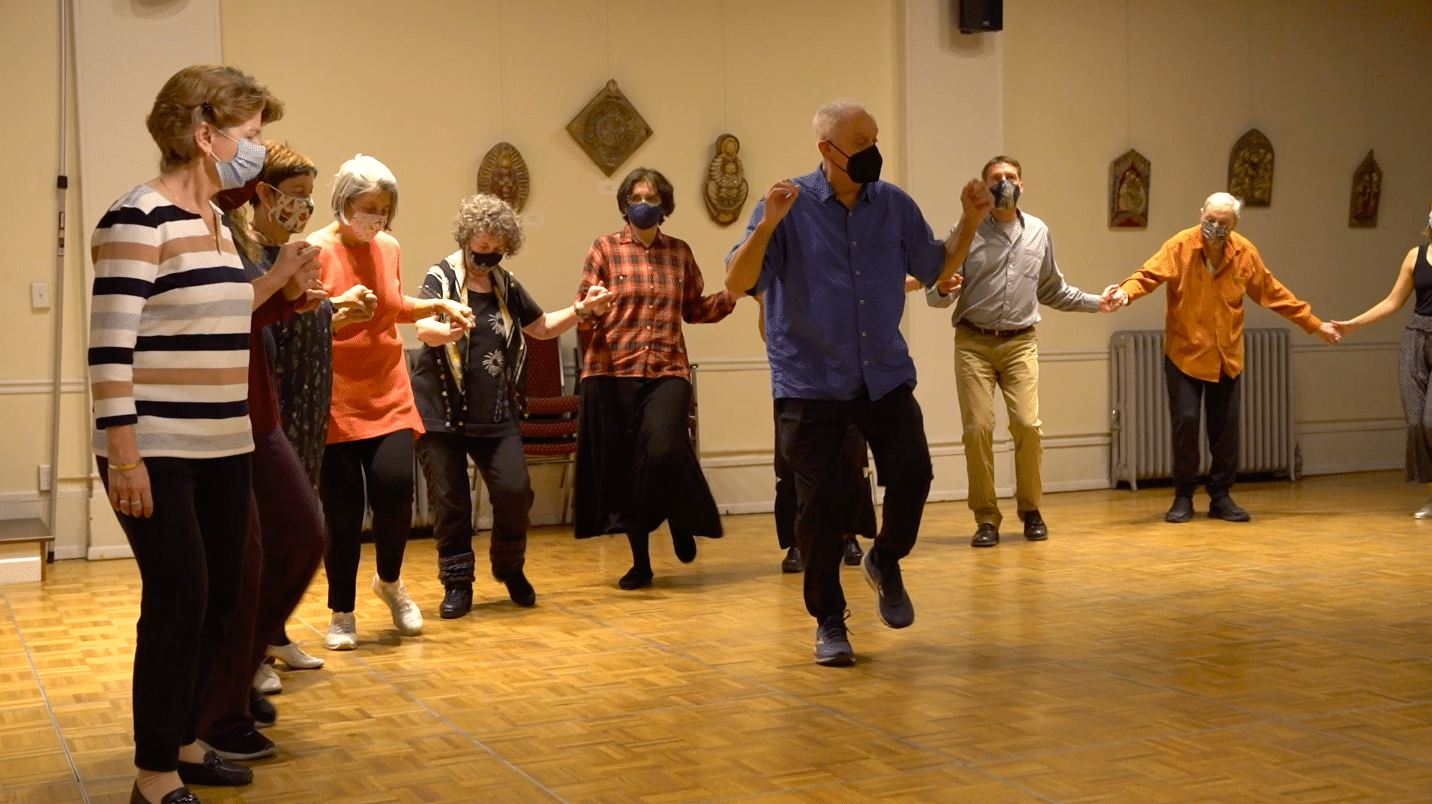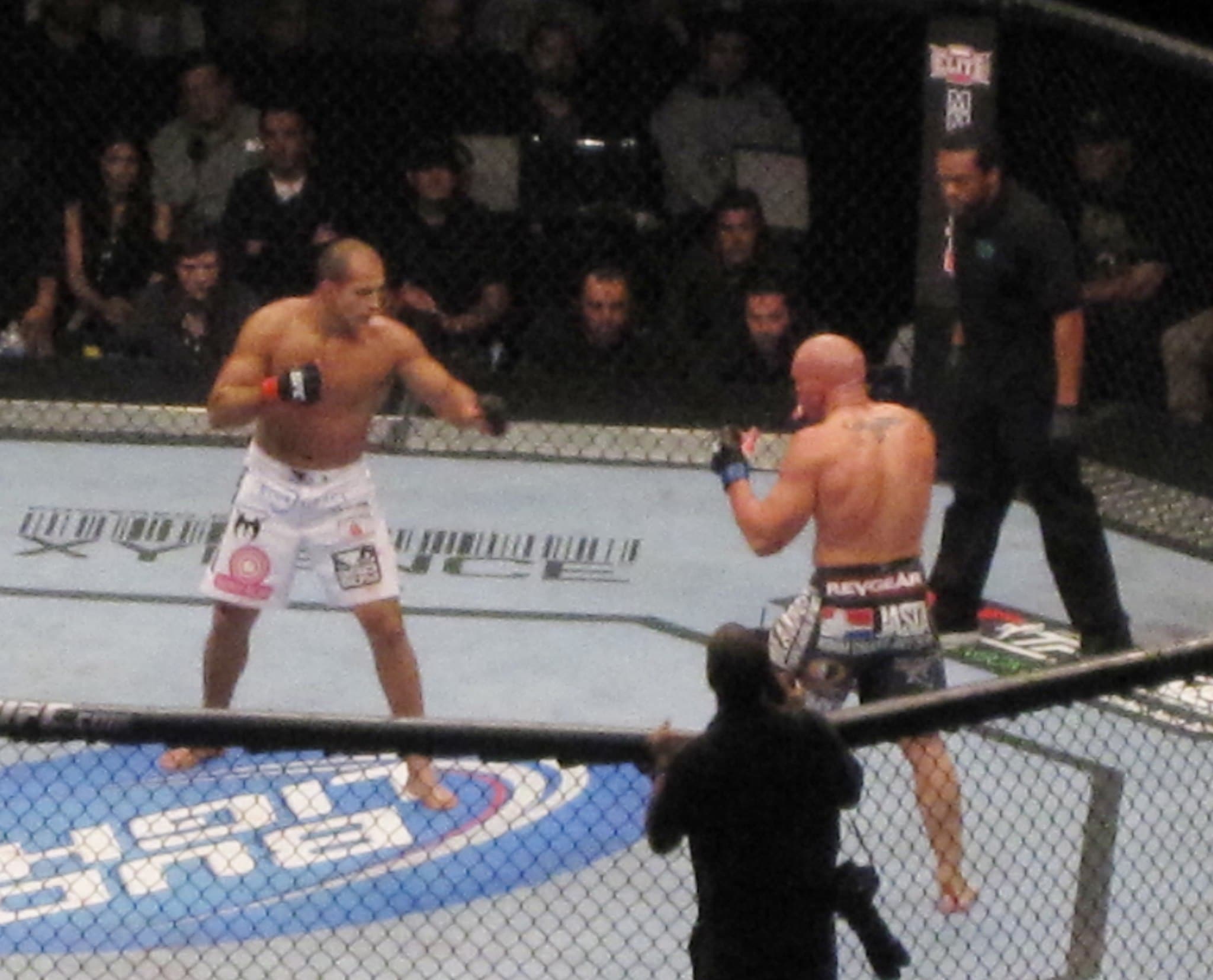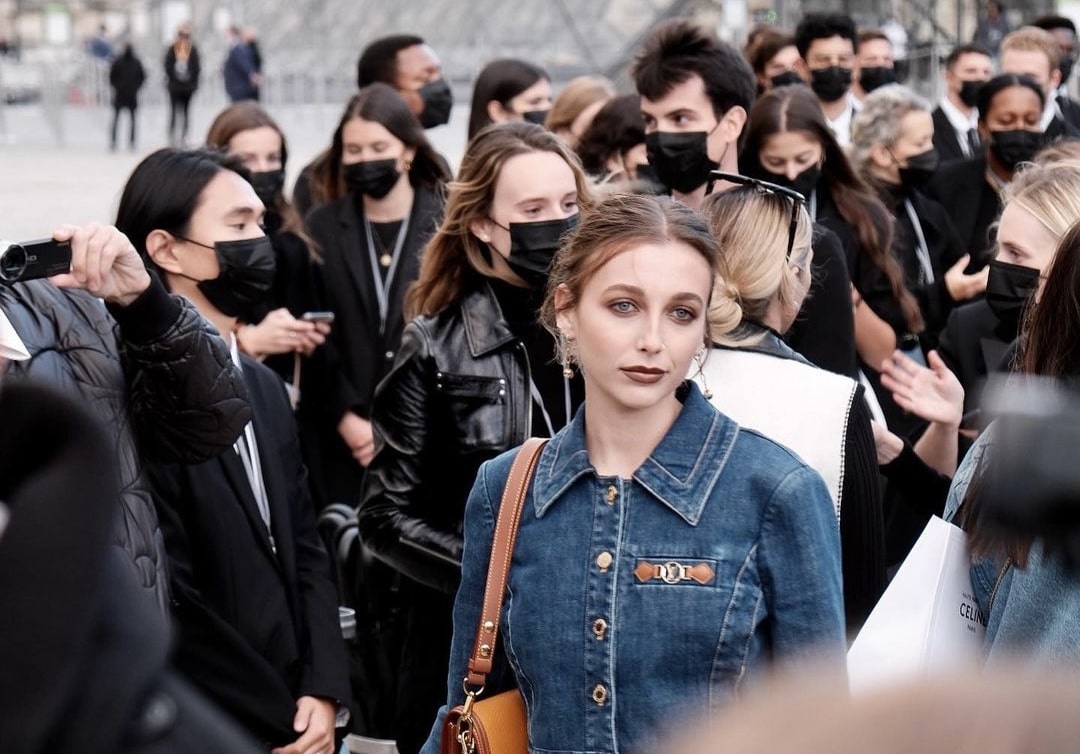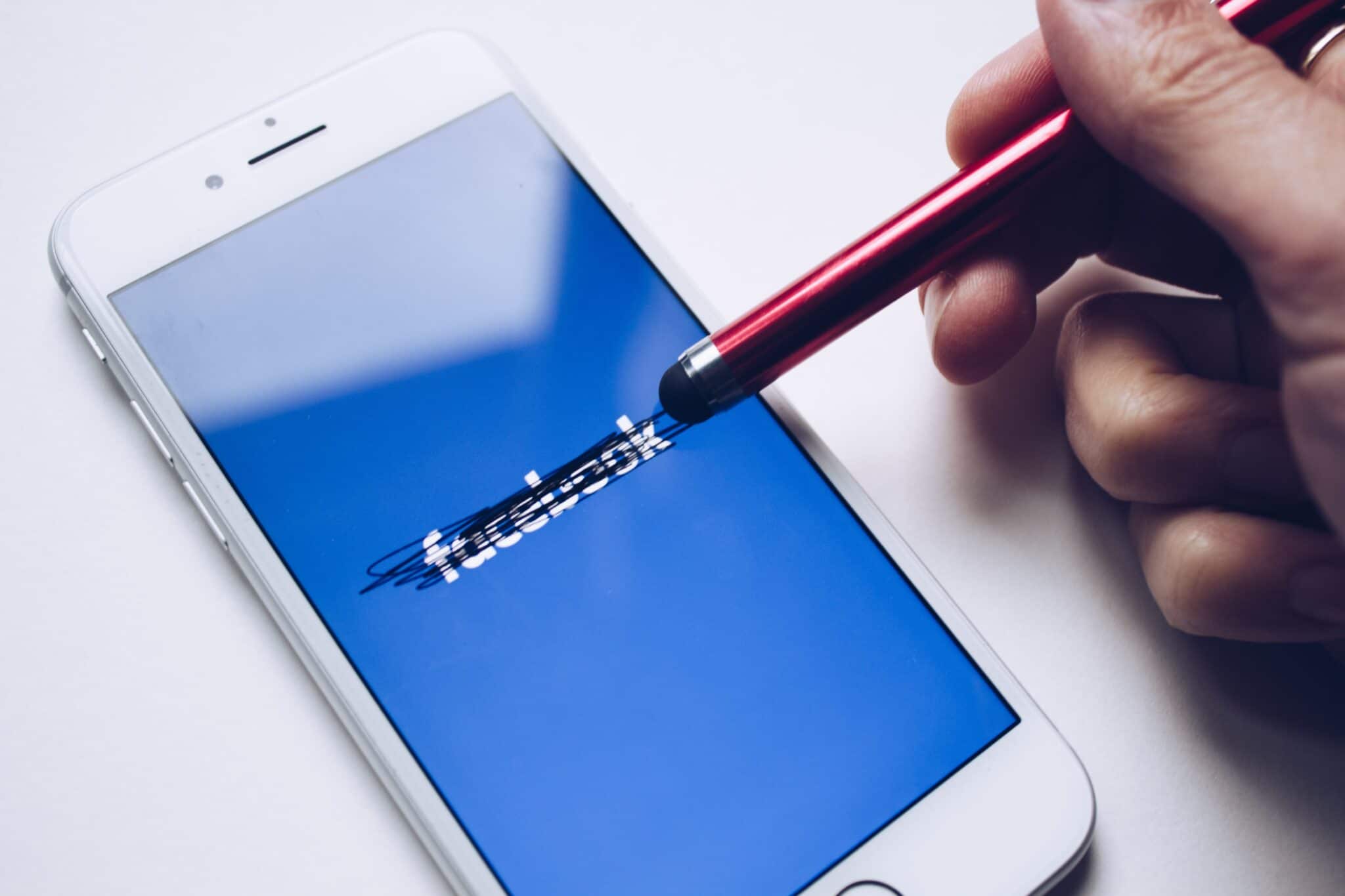Creative Commons License, public domain via piqsels.
“The song by India Arie, ‘I Am Not My Hair,’ always resonated with me. But I don’t think America feels the same way. It sucks that people are still getting judged because of their hair in 2020,” Barakel Graham Durant said.
Durant is a college student at Kingsborough Community College, with 4c hair, the kinkiest of black hair. Over a phone call, she mentioned she puts her hair in protective styles to prevent breakage. She also shared her fear of wearing a protective style to interviews because she does not want to miss a job opportunity: “Every time I wear twists or braids to a job interview, I’d never get it. But whenever I would go to a job interview with the same qualifications, and wore my hair out in a cute style, I would get it. So to make my life easier, I sort of conformed to society’s idea of what my hair should look like.”
People who wear natural black hairstyles like bantu knots, locs, twists, braids, cornrows, afros, and fades, have been discriminated against in schools, workplaces, and other public settings. They find it upsetting and frustrating.
Olivia Henry, a Kansas resident who wears her hair in locs (an abbreviation for dreadlocks), said through Facebook direct messages, “… I feel targeted when I apply for most positions simply because I have locs.”
Henry had naturally curly hair, at waist length, then decided in 2017 to cut and loc her hair. She explains that her coworkers began acting distant to her afterward: “I had older white women and men that I worked directly with now that I had been promoted, I was much younger but every morning most of them would greet me; some of the men even made extra trips just to stop by my area to greet me when their own work area was clear across the office. Once I cut my hair & [locked] it that immediately stopped. I’d say it took about a week or so. It was like they saw me as a different person.”
Henry’s boss said her hair was “… distracting the other employees” and later demoted her because of “errors.” She put in two weeks’ notice and left the company.
Such discrimination became so widespread across the country that in some cases, government stepped in to help employees. The NYC Commissions on Human Rights issued guidelines in February 2019 to prevent discrimination against natural styles. It points out that discrimination against a person of color because of their hairstyle is illegal.
New York State and California also passed a law called the “Crown Act” to protect people who want to wear their hair as they choose.
New Jersey was spurred to act after a 2018 incident brought the issue to public attention. Andrew Johnson, a black varsity wrestler, was forced by the referee to cut off his locs to continue competing in a match. Outrage from the community led to a New Jersey Crown Act in 2019 banning discrimination based on hairstyles
But there is no federal law that prevents individuals or corporations from discriminating because of a hairstyle. Olivia Henry hopes other states and local governments will pick up the slack and pass anti-discrimination laws. “I do hope [a Crown Act] can be passed nationwide,” she said, “because when it’s African textured hair that’s being called ‘unprofessional,’ that’s just an excuse.
